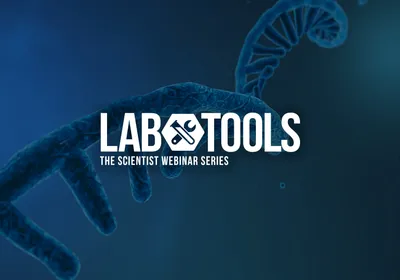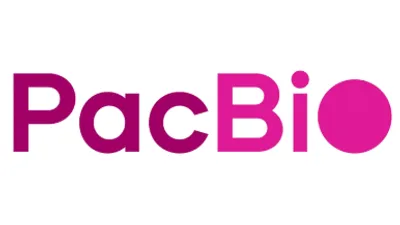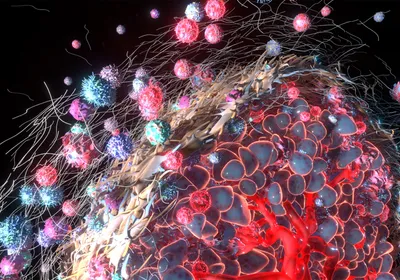 REBEL YELL: The Tasmanian devil is endangered because a fatal cancer has been ripping through populations for the past two decades. TERRY PINFOLD
REBEL YELL: The Tasmanian devil is endangered because a fatal cancer has been ripping through populations for the past two decades. TERRY PINFOLD
One morning in 2009, 51-year-old Terry Pinfold left his home in Hobart, Tasmania, and headed north towards the coastal town of Burnie where he had always enjoyed teaching math and business to his Australian Technical College students. He had recently been offered a new job there by the Tasmanian Department of Education, which had assumed management of the school, but Pinfold’s mind was made up. He was going to the school to submit his letter of resignation, declining the offer and opting to pursue a PhD in cancer and immunology with the ultimate goal of saving the Tasmanian devil (Sarcophilus harrisii), a carnivorous marsupial with a notorious appetite for carrion. And he’s closing in on his goals.
As an avid bushwalker who would hand-rear Tasmanian ...























